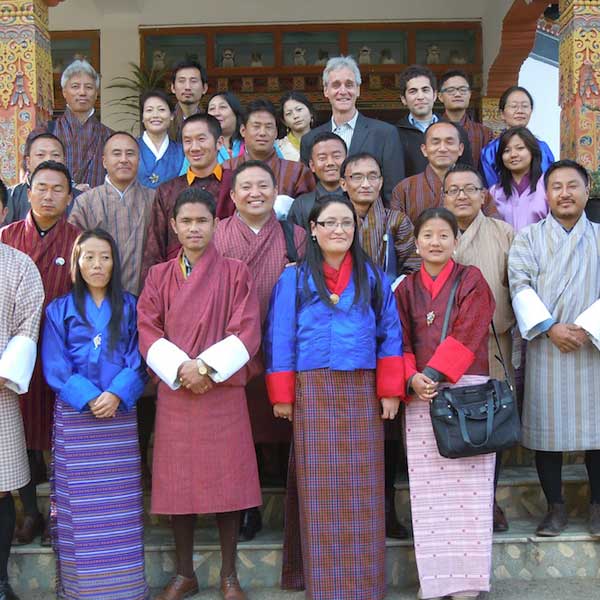
History & Impact
We are a nonprofit, mission-driven outreach program of Ithaca College. Our mission is to help K-16 educators enhance students’ critical thinking, metacognition, and civic engagement through media literacy materials and professional development.
Founded in 1996, we have evolved from a grass-roots initiative focused on schools in Upstate NY to an internationally acclaimed organization that works with education leaders from around the world.
We are a passionate group with a shared dedication to enhancing learning through media literacy. As a collective, we have extensive expertise in teaching about curriculum design, research, media production, psychology, social studies, environmental education, and project management.
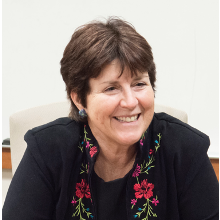
Executive Director and Founder
scheibe@ithaca.edu
Cyndy founded Project Look Sharp in 1996 and has been executive director ever since. Cyndy oversees all aspects of the initiative including budget, operations, and relations with Ithaca College.
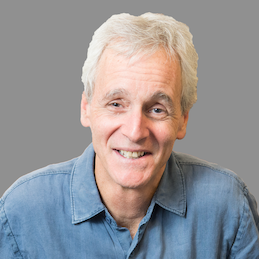
Director of Curriculum & Staff Development
csperry@ithaca.edu
Chris has been co-directing Project Look Sharp with Cyndy Scheibe for the last 2 decades. He oversees PLS’ lesson development (with his brother Sox and our collaborators), and PLS’ professional development work with educators across the state, nation, and world.
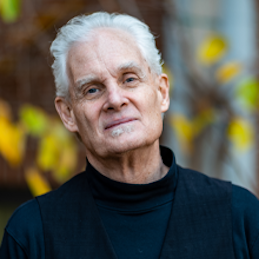
Curriculum Writer & Trainer
soxsperry@twcny.rr.com
Sox is Project Look Sharp’s primary curriculum writer, authoring the majority of PLS’ 900+ media decoding lessons. He has developed and taught PLS courses on Teaching Challenging Topics and keeps PLS focused on issues related to social justice, identity and climate disruption.

Administrative Coordinator
Tracy began her work with Project Look Sharp in 2022 supporting our lesson creation. She has grown her role to coordinate many aspects of the project including editing and posting all our lessons, creating newsletters, graphic design, maintaining the organizational budget, and supporting our professional development events.

Marketing Coordinator
akissiloff@ithaca.edu
Ari is Project Look Sharp’s lead consultant for our website, promotion, and outreach. Ari works on a broad range of issues for PLS including website operations, search engine optimization, promotion, and grant support. He is working with Chris on outreach and promotion for the ML3 initiative to school librarians and preservice programs in 50 states as part of the IMLS grant.
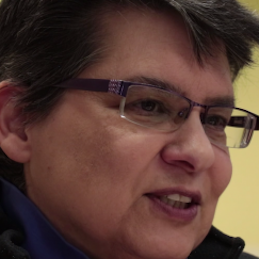
Media Literacy Education Maven
InsightersEducation.com
Faith has been an advisor to Project Look Sharp since before it was born. Over the years she has served as both a formal and informal consultant and evaluator. Faith and Cyndy wrote The Teacher's Guide to Media Literacy: Critical Thinking in a Multimedia World (Corwin 2012), and Media Literacy in Every Classroom (ASCD, 2017). Faith was the evaluator for the New York State and national ML3 initiatives.
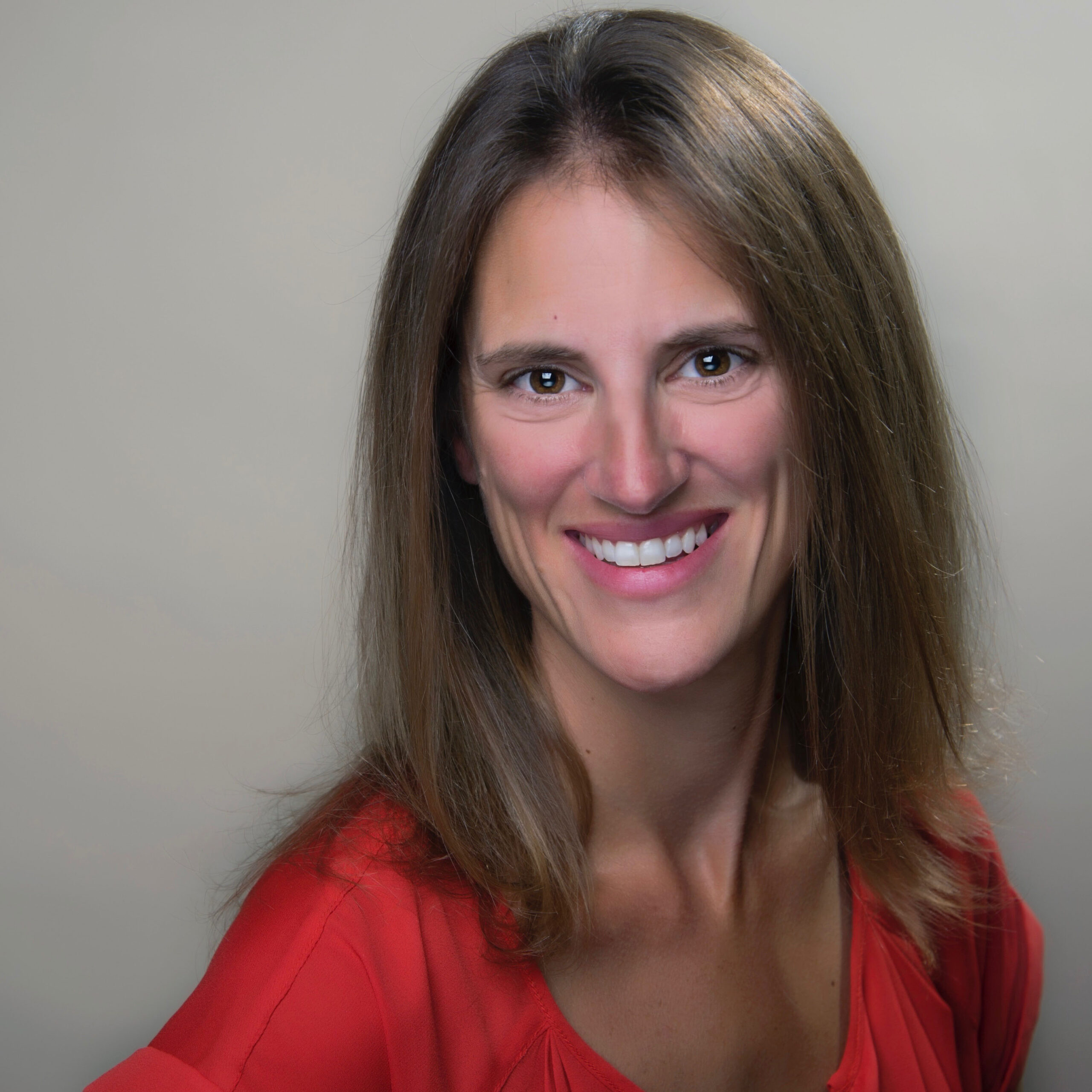
PLS PD Trainer / School Librarian, Lake George, NY
Bridget was one of 19 school librarians across New York State that participated in the ML3 initiative from 2021–2023. Since that program, she has led a ML3 cohort group in upstate New York, presented on CMD at conferences and workshops, co-wrote articles for professional journals, was a member of the national ML3 Advisory Committee, and authored the PLS lesson Our Changing Planet: Climate, SEL, and Media Literacy for Our Youngest Students .
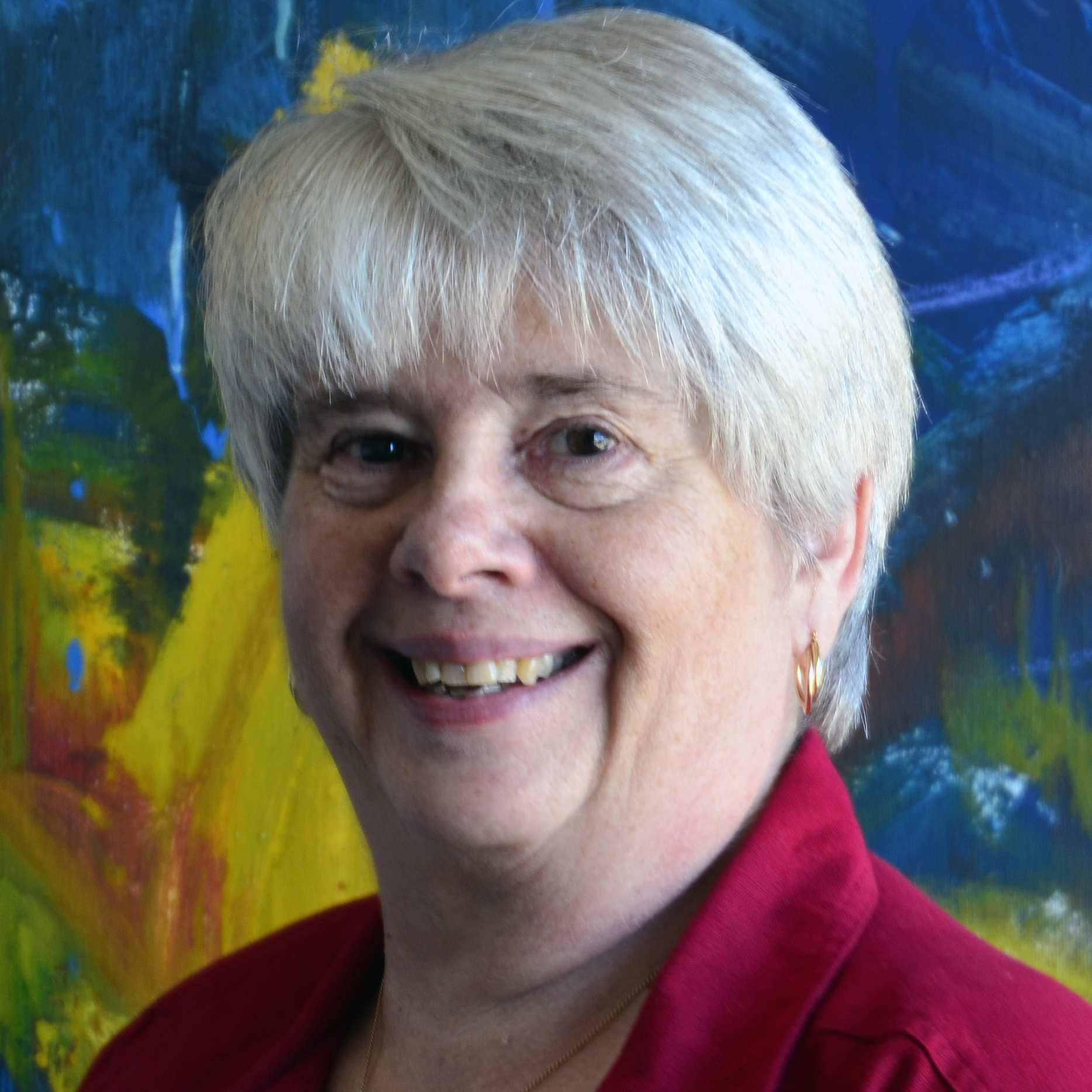
Faculty at the University of Buffalo's school library certification program
From September 2021–2023, Susan was Project Coordinator for Project Look Sharp’s New York State ML3 initiative, Librarians as Leaders for Media Literacy. She helped develop lessons, coached the 19 school librarians who were members of the ML3 group, helped in the early development of the online class and served as a general consultant on things dealing with school libraries and school librarians.
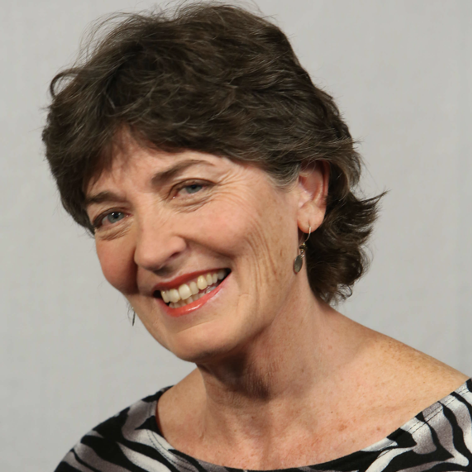
Online Learning Consultant
louiseholmes2@gmail.com
Louise is Project Look Sharp’s lead consultant for online learning. She has helped PLS develop numerous media literacy courses. Most recently, she co-developed the hybrid course on Constructivist Media Decoding with Cyndy Scheibe and is helping adapt it for a national audience.

School Library Coordinator for New York City Public Schools
Leanne was one of the “original 19” ML3 library leaders in 2021. Since then, she has led a CMD cohort of Campus Librarians (2022-2023) and presented on CMD at various workshops for K-12 and college audiences, including the 2025 LACUNY (Library Association of CUNY Colleges) Conference. Leanne has introduced CMD with several educational initiatives, such as MyLibraryNYC—a partnership with the New York, Brooklyn, and Queens Public Library Systems that provides free delivery of teacher text sets to participating schools—and the New York Historical Society's "Women and the American Story," a primary source curriculum. In the 2024-2025 school year, Leanne introduced a hybrid version of the CMD online course for school librarians.
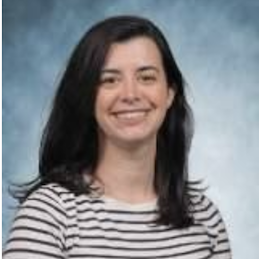
Social Studies Teacher/Leader, Fayetteville-Manlius School District, NY
Mary Kate is featured in a series of PLS demonstration videos leading her students through constructivist media decodings including: Declaration of Independence: Sourcing, Credibility, & Bias, (14 min.), January 6, 2021: Newspaper Front Pages (9 min.), Gender Stereotypes and Google Algorithms (6 min.) and Interpreting Charts of Media Use: Gen Z vs. Boomers (5 min). After taking the PLS Train the Facilitators PD, Mary Kate led a CMD Hybrid course for her teachers in the Fayetteville Manlius School District where she is social studies coordinator. She was on the national ML3 Advisory Committee, and Mary Kate is the author of PLS lessons for middle school social studies including: Lewis Hine and Child Labor: Photography of Persuasion, Migrant Mother: Photos as Fact or Opinion and Rosie the Riveter: Depiction of Women During WWII.
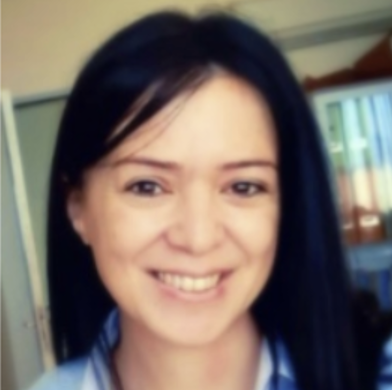
Associate Professor of Communication Sciences at Çukurova University, Turkey
Asli was at Ithaca College studying with Project Look Sharp as a TUBITAK Scholar for post-doctoral research in media literacy from February 2023 through September 2023. During that time Asli collaborated with PLS on articles for the Journal for Media Literacy Education, for her book on media literacy in Turkey, and on plans for applying the Constructivist Media Decoding approach to schools in Turkey.
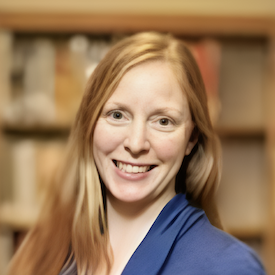
Library Media Specialist, North Salem MS/HS, North Salem, NY
A long-time fan of Project Look Sharp’s lessons and resources, Cynthia Sandler participated in the NY Empowering All Students Through Media Decoding online course in 2024. That summer, Cynthia joined a small cohort in the first Training the Facilitators PD in Ithaca, NY. Cynthia has since shared Project Look Sharp’s philosophy and resources with library groups in her region and will be leading Hybrid Constructivist Media Decoding courses in her home district. Cynthia has also collaborated with Project Look Sharp in creating media decoding lessons including What is the Internet? and Decoding Data Centers: Media Messages and Bias.

High School Mathematics Teacher, Oregon High School, Oregon WI
Dave has recently joined the PLS team, authoring a series of lessons integrating media decoding into math, including Bias in Charts: Race, Gender, Education, and Income ; Graphing the Vote: Age, Gender, and Time ; and How Big is the Crowd? Proportional Reasoning and Critical Thinking .

Librarian for Temple Hill Academy in the Newburgh NY School District
Sharon was one of 19 school librarians across New York State that participated in the ML3 initiative from 2021-2023. Since that program Sharon has led a year-long ML3 cohort group in the Hudson Valley region. She has authored a series of PLS lessons including Music, Media, and Meaning , Can You Judge A Book by its Cover?, What Can You Tell From a Book Cover? and How Do I Choose? Picking the Right Book for Me .
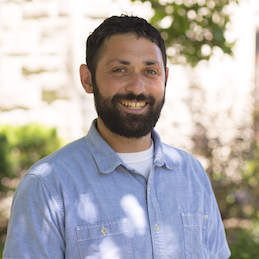
Facing History and Ourselves Program Associate
David worked with Project Look Sharp for many years before he left Ithaca for a master’s program at the Harvard Graduate School of Education and his current work with Facing History. During his time in Ithaca David supported the development of a PLS online course focused on difficult conversations in the classroom, he coordinated a collaborative workshop that brought together PLS and Facing History, and he authored the PLS lesson: Responding to Global Problems: Analyzing Keys to Success and Recipes for Failure .
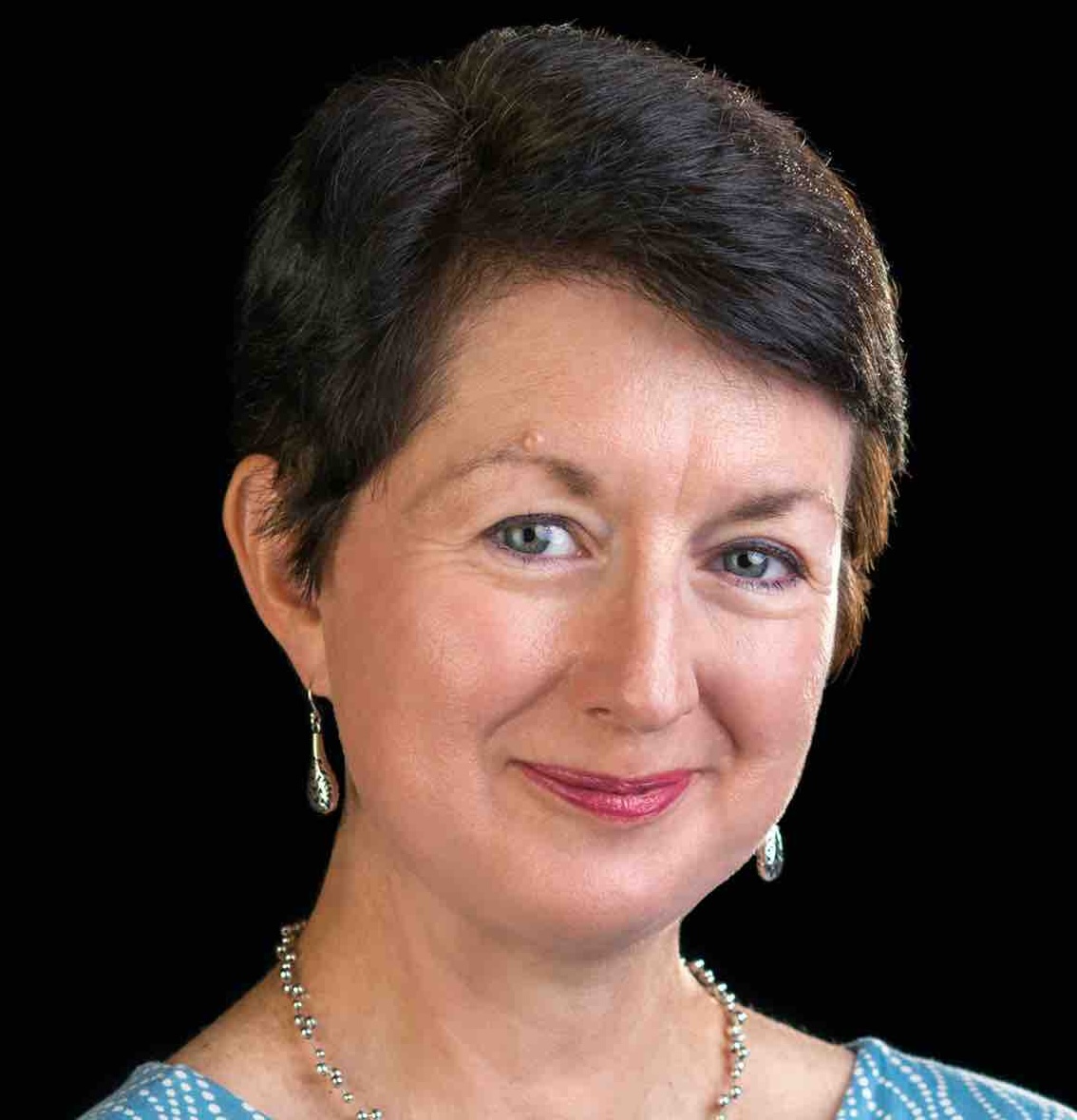
International School Librarian
Betty began collaborating with Project Look Sharp to contribute lessons for young learners including: An Aesop Fable: Media, Morals, and More , Way to Go! Decoding Media about Transportation, What is a Campaign?, and Peace Begins with Me. While working abroad, she built a website, pyplibrarian.com , to share her library practice with colleagues. She is thrilled to contribute to Project Look Sharp’s collection of educator resources to support media literacy.
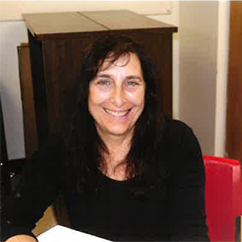
8th Grade Social Studies teacher, Boynton Middle School, Ithaca City School District
For more than two decades Cindy has collaborated with Project Look Sharp on numerous projects. She is the co-author of 7 lessons in the curriculum kit: Economics in U.S. History, as well as a series of lessons about climate change including Teaching About Climate Change: Why Does the Source Matter?, Climate Change: Do Corporations Have an Obligation to Share Their Research Findings for the Public Good?, and What is the Role of the Federal Government in Protecting the Environment?; and other media decoding lessons about public policy including The Public Trust - Doctrine: Government's Role in Protecting Natural Resources for the Future and Is There a Future in Oil?.
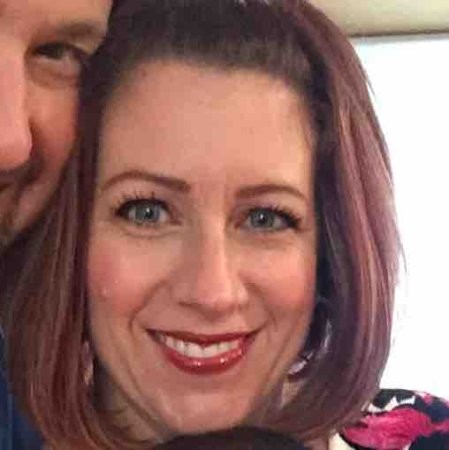
Librarian at Lawrence Road Middle School, Uniondale, NY
Paula was also one of the original 19 librarians from across New York state to be trained by the founders of Project Look Sharp in the ML3 Initiative from 2021-2023. After her participation in that training, Paula continued collaborating with Project Look Sharp by creating media literacy videos for use on their website and training presentations and by facilitating two cohorts to train Long Island school librarians in this work. She also went on to receive further training in order to be able to facilitate both online and hybrid media literacy courses created by PLS.
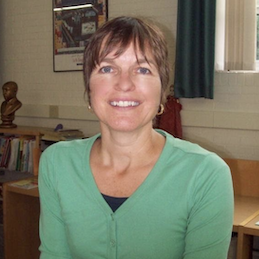
Teacher Librarian, Fall Creek School, Ithaca, NY
Maureen has collaborated with Project Look Sharp in creating media decoding lessons including: Benefits And Costs Of Using Plastic Shopping Bags , and Ban the Bag or Not? What Else Should We Know? I am a teacher-librarian at Fall Creek Elementary School in Ithaca N.Y. and teach weekly classes to students Pre-K to grade 5. I work closely with classroom teachers in order to connect what they are doing in the classroom to the lessons I teach in the library. I became fascinated with the work Project Look Sharp was doing when I went to a presentation given by PLS. I followed up that summer with an intensive week-long workshop that was one of the best Professional Development opportunities I have ever had.
Our work would not be possible without the deep and ongoing support of the Park Foundation and Ithaca College, as well the many contributors who have funded the development of curriculum kits, lessons and professional development activities.
Additional supporters include:
We're so grateful for all the schools, districts, organizations, government groups and NGOs that have made our professional development throughout the United States and abroad possible!